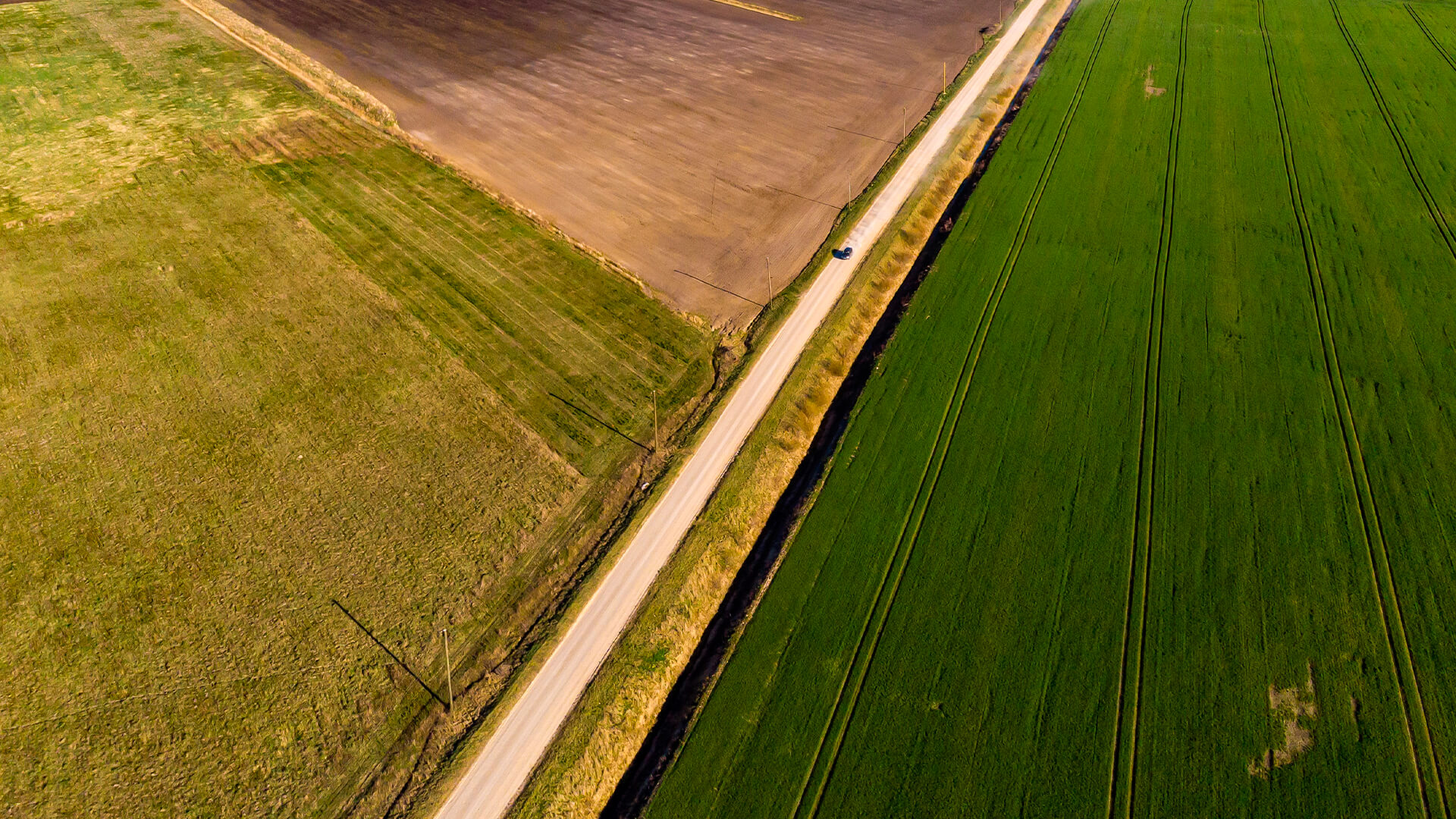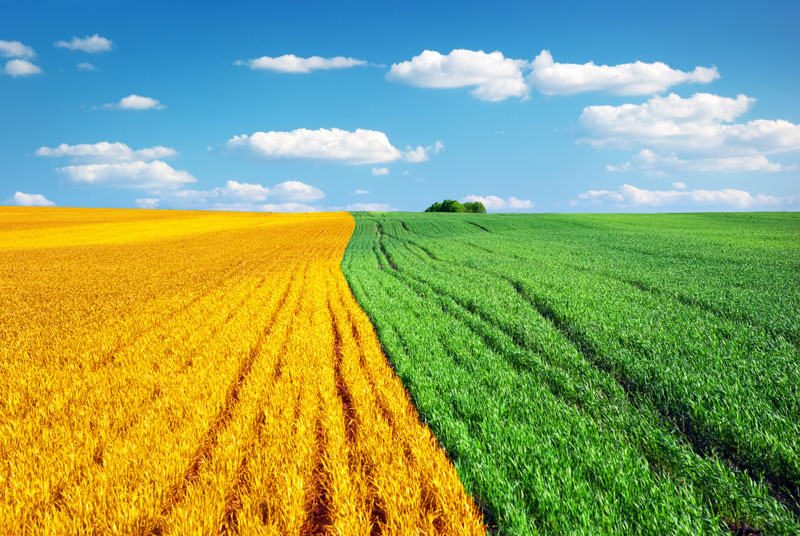Studies have shown that agriculture and climate change have an intrinsic link with significant implications on both the environment and food systems. We examine the relationship between agriculture and climate change, focusing on the issues that farmers confront, the role of sustainable practices, and the necessity for adaptation and mitigation techniques.
What are the Impacts of Climate Change on Agriculture?
Significant changes in weather patterns have resulted from climate change, including temperature swings, an increase in the frequency of extreme weather events, and shifting raining patterns. These changes provide a variety of problems for agricultural systems around the world. Temperature increases have an impact on the yield of crops, livestock health, and the spread of pests and illnesses. Droughts, floods, and soil erosion can all be triggered by changes in rainfall patterns, impacting agricultural output and livelihoods.
How Does Agricultural Practices Contribute to Greenhouse Gas Emission?
Agriculture is a significant contributor to greenhouse gas emissions, particularly through the release of methane and nitrous oxide. In livestock production, especially ruminant animals, they are a high contributor to methane emissions, while the use of synthetic fertilizers and poor management of organic waste contribute to nitrous oxide emissions. Deforestation for agriculture also releases large amounts of carbon dioxide into the atmosphere. These emissions not only exacerbate climate change but also contribute to air pollution and environmental degradation.
Can Sustainable Agriculture be a Solution?
Adopting sustainable agricultural practices is crucial for aiding the effects of climate change and building resilience. Sustainable agriculture promotes methods that minimize greenhouse gas emissions, conserve natural resources, and enhance ecosystem health. This includes practices such as organic farming, agroforestry, crop rotation, precision agriculture also known as smart farming, and improved livestock management techniques. By reducing reliance on synthetic inputs, conserving water, and promoting biodiversity, sustainable agriculture offers a pathway to address climate change while ensuring food security around the world.
How can Farmers Adapt and be Resilient to these Changes?
Farmers all across the world are already feeling the effects of climate change, and they must adapt in order to remain productive and sustainable. Climate-resilient agricultural types, irrigation systems, improved water management, and income diversification are among a few adaptation measures that farmers can incorporate. Investing in climate information and early warning systems can also assist farmers in making educated decisions and preventing hazards. Governments, organizations, and research institutions play critical roles in facilitating successful adaptation by providing assistance, financial support, and information transfer.
What is the Mitigation Role of Agriculture?
Agriculture has the potential to contribute to climate change mitigation through various strategies. Enhancing carbon storage in agricultural soils through practices like conservation tillage, cover cropping, and agroforestry can help offset emissions. Efficient use of fertilizers, improved waste management systems, and optimizing livestock production can reduce methane and nitrous oxide emissions. More closely, transitioning towards renewable energy sources and promoting the circular economy in agriculture can further reduce the sector's carbon footprint.
The interrelation between agriculture and climate change highlights the urgent need for transformative action. Climate change impacts agriculture, and agricultural practices contribute to climate change. Addressing this challenge requires a comprehensive approach that integrates sustainable practices, adaptation measures, and mitigation strategies. Governments, farmers, scientists, and consumers all have a role to play in promoting sustainable agriculture, investing in research and innovation, supporting resilient farming communities, and making informed choices about food production and consumption. By understanding and actively addressing the interconnection of agriculture and climate change, Everyone can work towards a more sustainable and resilient future for both our food systems and the planet.
To hear different perspectives and learn more about this topic Watch Global Trends: Agriculture. A series on the BKT Network website on the latest topics in the Agriculture world from experts with testimonials and insights to stay on top of the news.








